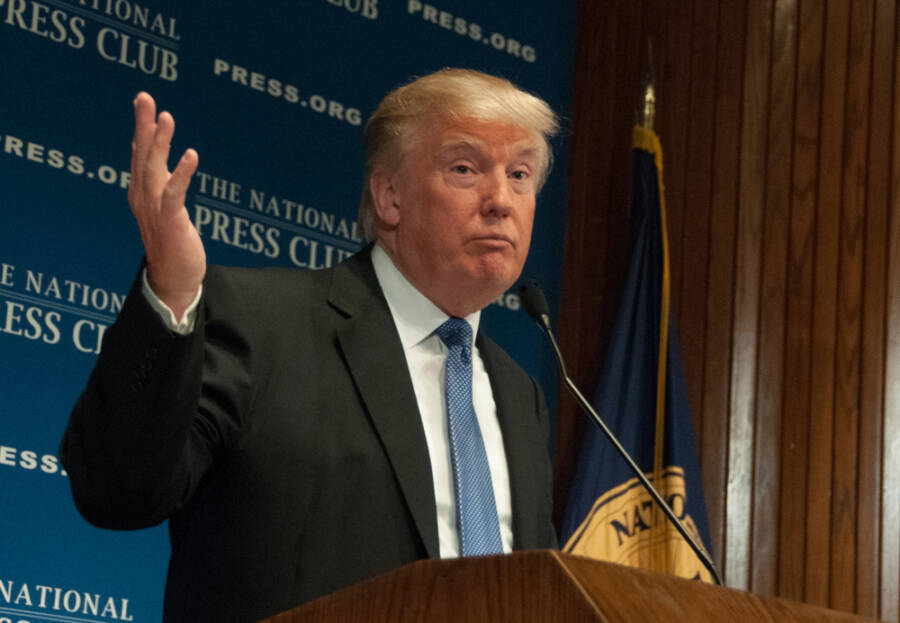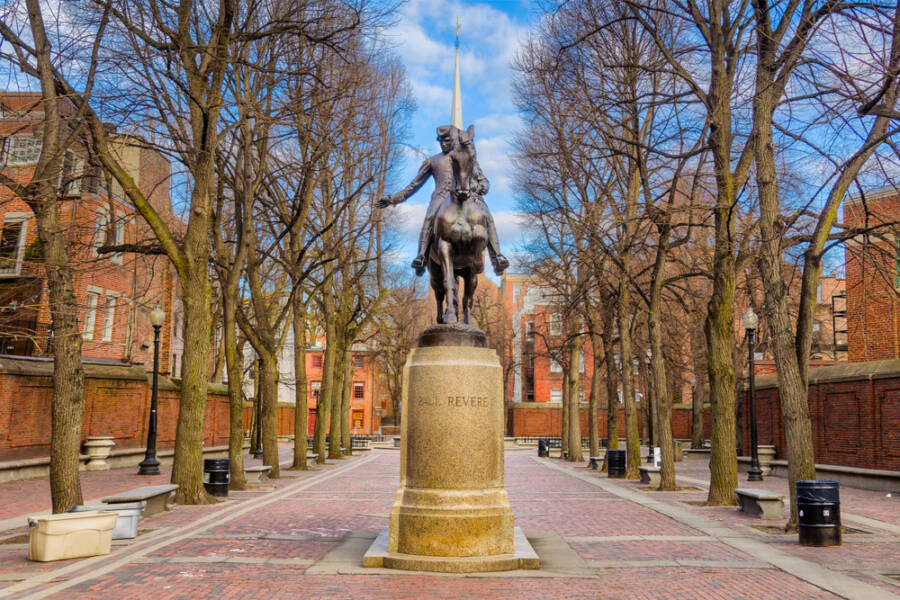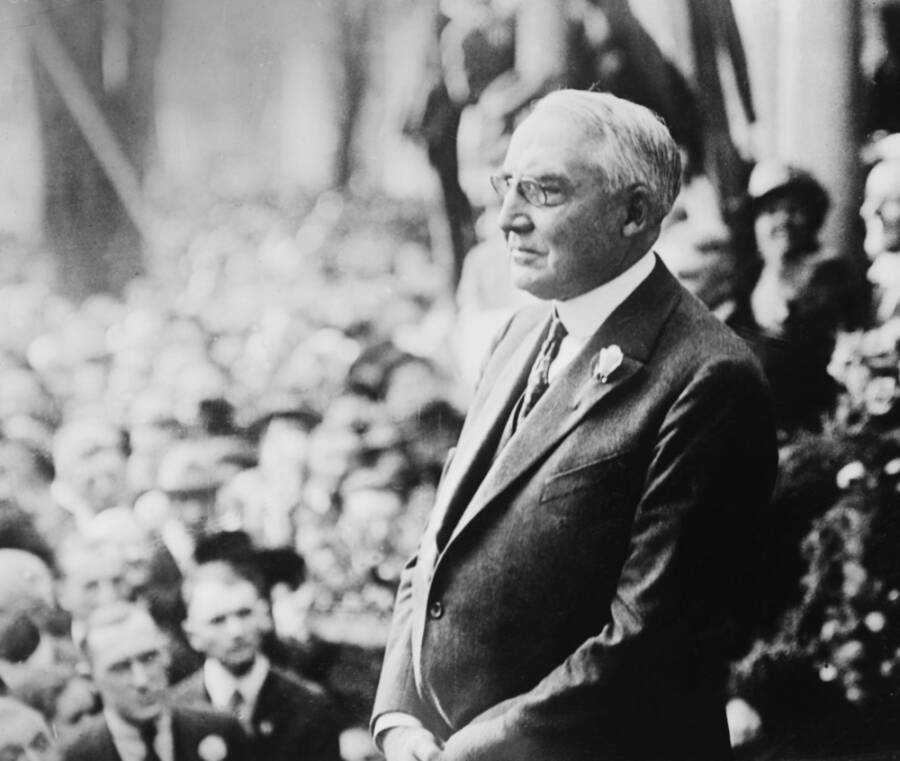Nazi echoes in Trump politics aren’t just academic chatter—they’re a chilling topic that historians seem very preoccupied with.
As he celebrated the beginning of Donald Trump’s second term as US president, Elon Musk appeared to salute in a Nazi manner. How did other people see this? Well, opinions are divided. During their ascent to power, Hitler and Mussolini both rehearsed the traditional act of yelling and waving their hands at rallies to intimidate their opponents. That sort of male dominance and throwback to the 1930s has come to be associated with Trump’s spontaneous speech style, both during this campaign and others.
Trump’s new administration has stated that it will acquire Greenland and Panama, defund US foreign aid programs, fire federal employees, and humiliate Ukrainian President Volodymyr Zelenskyy in the Oval Office.
Some historians see parallels between the second Trump term and Hitler’s regime. Is the comparison still relevant 80 years after World War II ended? In the following lines, we will not sugarcoat the situation or assign blame; instead, we will explore the historians’ perspectives on the Nazi echoes in Trump’s politics.

A feeling of untamed power
Christopher Browning, an emeritus professor at the University of North Carolina, holds a nuanced perspective. What did Mr. Browning have to say about Nazi echoes in Trump politics? Trump’s vision of America’s past greatness appears to be from the late 19th century, when great powers carved out and dominated their respective spheres of influence, and oligarchic rule was exercised by extremely wealthy business tycoons. The subjugation of Canada and the capture of Greenland and Panama align more closely with the imperial mindset of the late 19th century than with Hitler’s concept of Lebensraum.
Additionally, he provided a comparison between the two figures. Hitler was an ideologue who drew many seemingly logical conclusions from his fixed notion of history as a racial struggle—a false premise. However, Trump demonstrates “a much more individualized rule, based above all on satisfying his insatiable need for praise, a sense of unfettered power, and having all his loyal followers defer to his endless litany of lies, substituting ‘Trump truth’ for reality.”
The professor also noted another thing that could point out the Nazi echoes in Trump’s politics. Hitler attempted a failed coup, was not banished to Austria as an undesirable criminal, and was not held accountable by the legal system—all of which would have put an end to his political career in Germany. After receiving support from conservatives, he “revived his political career and obtained power legally, ready then to carry out a ‘legal revolution’ from within,” according to Browning.
Trump also “launched a failed coup, was not impeached (which would have disqualified him from running for president), outlasted a sluggish judiciary incapable of holding him accountable for his crimes, revived his political career with the Republican party’s support, obtained the presidency legally, and is now embarking on a ‘legal revolution’ to dismantle and reshape American government.”
People’s desperation for better lives is understandable, yet history consistently demonstrates that desperation never yields positive results. Voting became emotional, and just as poor Germany fell for Hitler’s promises, people believed what Trump said.
Democracy is under serious threat
It may sound a bit extreme, but this is what historians believe. Our society is no longer a functioning democracy at this time. Even though the exact definition of a dictatorship is still unclear, we are actually witnessing the establishment of one in real time, even though the system hasn’t been entirely changed or overthrown. How long until the window for effective resistance closes is the question.
Trump has increased his authority over the military and law enforcement (FBI, Justice Department). Trump is conceited, self-centered, and a bully who is obsessed with showing off his power. He and his supporters will naturally turn to violence when things start to fall apart and resistance grows. The powerful state governments in the US federal system are unlikely to be overthrown, and amending the US Constitution is a challenging process.
Increasing nationalism in Western societies
As nationalism, extreme right-wing rhetoric, and inward-looking attitudes become more prevalent in Western societies, some experts are beginning to draw parallels between the current era and the years preceding World War II.
Establishing parallels between the past and present is never easy for historians, particularly since it can be challenging to avoid making comparisons that will ultimately spark arguments. The claim that Trump has singled out a specific group as the source of all evil in the world to be targeted “potentially for murder” about the extermination of the Jews during the Third Reich is exaggerated.
However, Trump has increased his attacks on “the ‘enemies within’ who must be removed from the body politic, and he shows, like Hitler, ultimate confidence in his genius coupled with ruthless determination to remove any obstacles to achieving his objectives.” He has recently merged a strong sense of nationalism with an unprecedented desire for growth.
If you’ve been following our page for a while, then you know we wrote plenty of articles about Nazism and Hitler’s life. It’s frightening to see that the entire world is under the threat of history repeating itself. What can we do as citizens? Stay informed, keep abreast of the news, and develop the ability to distinguish between phony and reliable sources.
How Democracies Die is an absolutely eye-opening book that everybody has to read. Levitsky and Ziblatt demonstrate how democracies fail by drawing on decades of research and a broad range of historical and global examples, from the American South during the Jim Crow era to 1930s Europe to modern Hungary, Turkey, and Venezuela. Would it be possible to save our democracy now? It’s not too late! The book is available on Amazon at the price of $13.99 for the paperback edition.

Dictatorship? Or just authority? Or too much authority?
Several similarities between Trumpism and the authoritarian leaders of the 1930s and 1940s are also noted by Paul Lerner, a history professor at the University of Southern California. One specifically relates to the language that the president of the United States uses.
Lerner claims that Trump reminds him of Mussolini, particularly in the way he employs innuendo, his coy demeanor, and his encouragement of violence. The language also parallels fascist anti-intellectualism, disdain for expert knowledge, and nuance. According to another professor at the University of Pennsylvania, the events involving the press bear similarities to those that occurred in Nazi Germany. However, compared to Nazi Germany, press attacks in the United States are far more frequent today.
The nature of information was not altered by Nazi Germany. Globally, what is occurring now is far more pernicious and significant. We live in a post-truth world, where artificial intelligence (AI)-generated content is changing online information ecosystems. The Nazi regime’s term for hostile radio stations, “Feindsender,” is no longer in use.
But now we have X (ex-Twitter) and TikTok, which are two social media apps that can both inform and spread fake news all over.
Being willing to tell lies
The willingness to lie is arguably the most sinister similarity between Trump and Hitler. Both leaders have demonstrated a remarkable ability to project their statements without considering their veracity.
Hitler and Joseph Goebbels, his propaganda minister, were masterful manipulators of the mass media of their era, particularly print, film, and radio. The scale is unmatched in the United States, except certain football stadiums, when one visits the enormous stadium in Nuremberg, where Hitler had amazing opportunities to enliven his supporters due to massive Nazi rallies.
Trump’s focus on the size of his rallies and the reactions of the crowd is reminiscent of Hitler’s time. The Nazis swiftly put an end to any opportunity for other organizations to hold rallies of a similar nature after taking power.
Bottom line:
Yes, historians draw parallels to the mobilization that happened in Weimar: demagoguery, grievance politics, and open disdain for democratic norms, and they see Nazi echoes in Trump politics, but the US still has strong institutions like courts, elections, and a free press, as well as a civil society that is diverse enough to stop authoritarianism from spreading. Civic engagement, legal protections, and the choices of voters will shape the future.
As mentioned at the beginning of the article, the goal of understanding the past is to identify warning signs early enough to take action, not to categorize today’s figures as yesterday’s monsters. Saying that Trump is like Hitler doesn’t mean that America is going to become a Nazi state. It means that democracies can fall apart when fear is stronger than facts and loyalty is more important than the law.
You may also want to check out: Luck Syndrome: 6 Failed Attempts on Hitler’s Life.





